Short Summary
Generative AI in Software Development is streamlining workflows by automating coding, testing, and debugging. AI-powered development makes engineers more productive, reduces errors, and accelerates software delivery. The shift is happening now—developers who adapt will thrive.
Let’s be honest — software development is hard. It’s late nights, endless debugging, and the kind of stress that makes you question every career decision you’ve ever made. You fix one bug and two more pop up. You spend hours writing a function only to realize someone else has already built a library for it.
But what if things were different?
What if you had a co-pilot who could generate code, catch mistakes before they became nightmares, and handle the tedious parts so you could focus on actually building things? That’s exactly what AI-powered development is doing.
Generative AI in Software Development isn’t about replacing engineers — it’s about making our lives easier. And honestly? It’s about time.
What Is Generative AI in Software Development?
Think of generative AI like a junior developer who never sleeps, never complains, and understands what you’re asking for (unlike Chad from QA).
It doesn’t just follow rules. It creates. It writes new code, fixes bugs, generates tests, and even documents your work—so you don’t have to.
What AI can do for you:
- Write Code – Generate functions, classes, even entire applications
- Find and Fix Bugs – Catch issues before they explode in production
- Automate Testing – Generate and execute test cases instantly
- Write Documentation – No more explaining the same thing five times
If you’ve used GitHub Copilot or OpenAI Codex, you’ve seen this firsthand. Type a comment like “create a function to filter duplicates”, and boom—working code.
How AI-powered development Is Changing Software Workflows?
1. AI-Generated Code: No More Blank Screens
Every developer has been there staring at an empty file, willing the code to write itself. Now, it kind of does.
Why It Matters:
- Faster Development – AI suggests full functions in seconds.
- Fewer Mistakes – AI catches syntax errors before they become problems.
- Less Repetitive Work – Stop rewriting the same boilerplate code over and over.
A McKinsey report found that AI-driven code generation can cut development time by half. That’s not just productivity—that’s weekends saved.
Top AI coding assistants:
- GitHub Copilot – AI-driven code suggestions
- Tabnine – AI-powered autocompletion
- Replit Ghostwriter – AI coding assistant for multiple languages
Instead of digging through Stack Overflow for an hour, AI gives you the right answer instantly.
2. Automated Testing: No More “It Works on My Machine”
You know that sinking feeling when your code breaks after you ship it? AI is here to stop that from happening.
Why It Matters:
- More Reliable Tests – AI finds edge cases you wouldn’t think of.
- Faster Execution – AI automates regression testing in minutes.
- Fewer Production Bugs – AI catches issues before they reach customers.
According to Capgemini research, AI-driven testing reduces software defects by 30%. That means fewer late-night bug hunts and more time building things.
Top AI-powered testing tools:
- io – AI-based UI testing
- Applitools – AI-driven visual testing
- Functionize – AI-powered self-healing test automation
No more crossing your fingers before deployment. AI got your back.
3. Bug Fixing and Code Refactoring: AI as the Cleanup Crew
Ever opened an old project and thought, Who the hell wrote this mess? Then realized it was you six months ago? AI is here to help.
Why It Matters:
- Faster Debugging – AI finds and fixes issues in real-time.
- Cleaner Code – AI suggests better ways to write functions.
- Less Technical Debt – AI prevents spaghetti code before it happens.
A Gartner study predicts that by 2026, AI will generate over 60% of software development tasks.
Top AI debugging generative tools:
- DeepCode – AI-powered static code analysis
- CodeGuru – Amazon’s AI-driven code review tool
- Embold – AI-powered quality analysis
No more spending hours hunting for a missing semicolon—AI spots the problem in seconds.
The Future of Generative AI in Software Development
This isn’t a passing trend. AI is becoming a core part of development. Here’s what’s coming next:
1. AI-Powered Collaboration
- AI will analyze workflows and suggest optimizations.
- AI-generated documentation will update itself automatically.
2. Personalized AI Coding Assistants
- AI will learn your coding style and adjust suggestions accordingly.
- AI will offer custom recommendations based on your past work.
3. Seamless AI Integration
- AI will be embedded in IDEs, version control, and CI/CD pipelines.
- AI-driven tools will assist in writing documentation and API specs.
A Harvard Business Review study found that AI adoption in software engineering will grow by 80% in the next five years. The companies that embrace it will dominate.
The Human Side of AI in Development
Let’s be real—some developers worry AI might take their jobs. But here’s the truth:
AI isn’t replacing developers. It’s making us better. It’s handling repetitive, mind-numbing tasks so we can focus on actual problem-solving.
Think of it like this: calculators didn’t make mathematicians obsolete. They just made math faster. AI-powered development is doing the same for coding.
The smartest engineers aren’t resisting AI. They’re figuring out how to use it to their advantage.
Final Thoughts
Generative AI in Software Development isn’t a gimmick—it’s a revolution. It’s changing the way we code, test, and deploy software. It’s making development faster, less frustrating, and—dare we say—fun again.
The future belongs to developers who embrace AI. If you’re using it, you’re ahead of the curve. If you’re not? Now’s the time to start.
Tejas Shah is the CEO and Director of iPath Infotech, an IT services company that specializes in custom software, web, mobile, and eCommerce solutions. With over 15 years of experience, he has led over 200 successful projects, helping businesses around the world adopt new digital technologies. His innovative approach and focus on client success have made iPath Infotech a trusted partner for many. He is dedicated to setting industry standards and helping businesses grow in the digital world.



